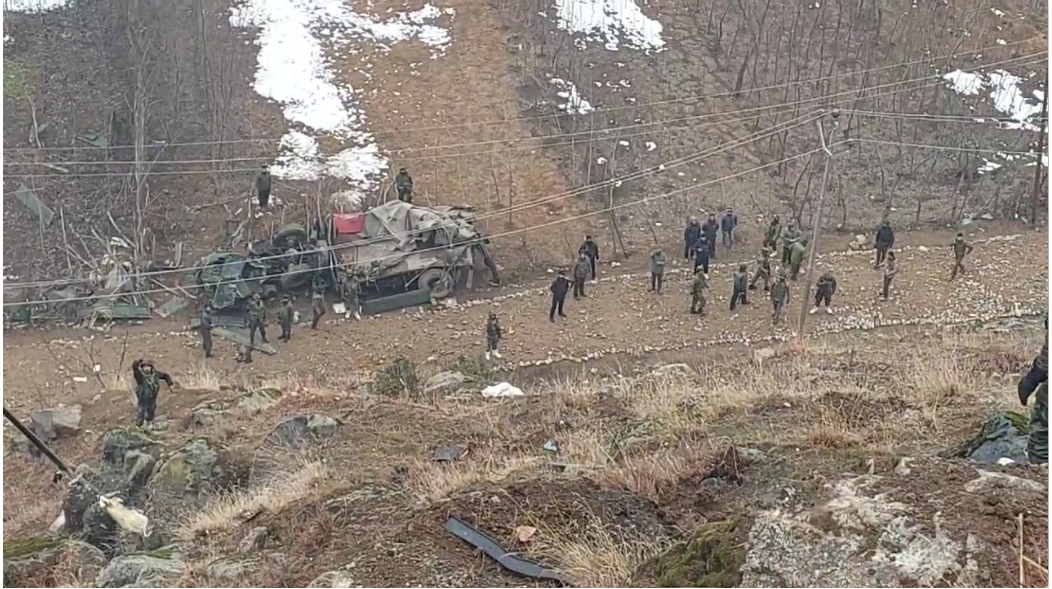The J&K Apiculture sector is eagerly awaiting the launch of a mega project, approved by the UT administration, aimed at promoting apiculture with investment of Rs 47 crore in next three years.
The prestigious project is expected to significantly increase honey production in the UT.
Efforts are underway to introduce apitherapy to a wider audience. The sector is projected to grow from its current annual output of Rs 69 crore to Rs 682 crore within five years, resulting in gainful employment for 8122 persons and creation of 82 private sector enterprises.
The project, which is being carried out by the Agriculture Production Department, has been allocated a budget of Rs 46.65 crore with an avowed objective of increasing honey production three-fold, the bee population by 333 percent and crop production of cross-pollinated crops by 20-25 percent.
“Beekeeping is an important source of income and livelihood for many rural youth, landless farmers, and small and medium- farmers in J&K. The honeybees not only produce honey but also play a crucial role in pollinating thousands of flowering plants, thereby contributing to food security”, Additional Chief Secretary, Agriculture Production Department Atal Dulloo said.
The decline in pollinating bees poses a danger to the natural environment and agricultural sustainability, and the biodiversity of the Himalayan region can be restored through bee activity.
The “Promotion of beekeeping in UT of J&K” project is one of 29 projects approved by the J&K administration and recommended by the UT Level Apex Committee for the holistic development of agriculture and allied sectors.
For this purpose, a committee has been constituted under Dr. Mangala Rai, Former DG ICAR, which comprises other experts in agriculture, planning, statistics and the administration.
The major constraints faced by the beekeeping industry in J&K included degradation and deforestation, the use of pesticides, lack of infrastructure, lack of standard migration practices, traceability, and changes in the blooming patterns of crucial forage plants. The project aims at addressing these issues by increasing the number of colonies through cluster formation, encouraging bee-preneurship and bee-startups, besides developing infrastructure for post-harvest management, value addition, and marketing.
After implementation of the project, the number of bee colonies is expected to increase from 1.43 to 3.085 lakh, the number of beekeepers from 4526 to 7396, and honey production from 23050 to 66100 quintals. In addition to honey production, income from bee by-products such as royal jelly, bee venom, pollen, and wax worth Rs. 474 Crore per annum will also be realised. An amount of Rs. 4.4 Cr has been allocated for research and development.
The Agriculture Production Department will implement the project in collaboration with SKUAST-J/K, which will lead to holistic development of apiculture, generate employment opportunities, provide livelihood sources and create entrepreneurship opportunities for landless, small and medium-sized farmers resulting in an overall improvement in their socio-economic conditions.
The implementation of this project is expected to bring a major change in the apiculture sector, providing a significant boost to honey production, bee population, and crop production. This will not only benefit the farmers but also contribute to the overall economic development of the region. The initiative of the government to promote beekeeping in J&K is a positive step towards ensuring sustainable agriculture and preserving the biodiversity of the Himalayan region.









